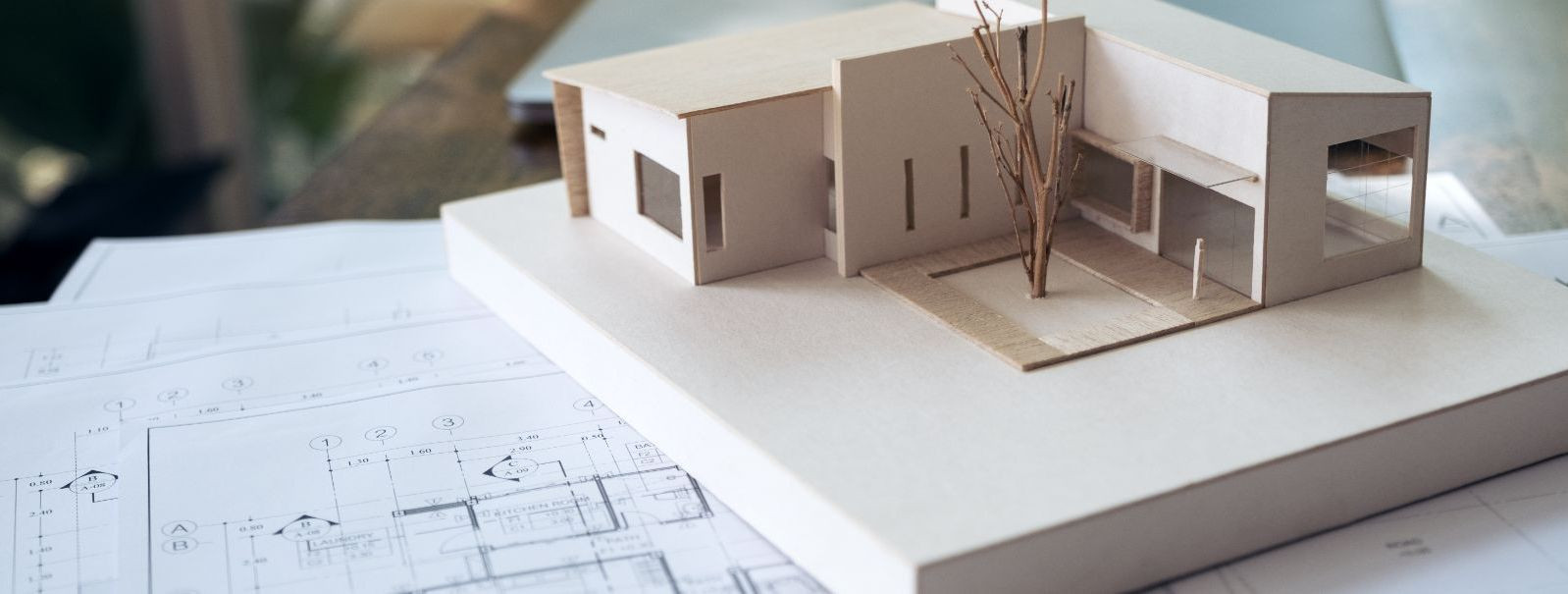5 trends shaping the future of building technical systems
The landscape of building technical systems is rapidly evolving, driven by technological advancements, environmental concerns, and changing regulatory landscapes. As experts in the field, ICONSULTATION OÜ is at the forefront of these changes, helping architects, construction companies, and property developers integrate these trends into their projects for enhanced efficiency and sustainability.
1. Integration of Smart Technology
The Internet of Things (IoT) is revolutionizing building management systems by enabling devices to communicate and operate autonomously. Sensors and controls can now monitor and manage building operations, leading to increased efficiency and reduced operational costs.
Artificial Intelligence (AI) is being used to predict maintenance needs, reducing downtime and extending the lifespan of building systems. AI algorithms analyze data from various sensors to anticipate failures before they occur.
Energy management systems are becoming smarter, with the ability to optimize energy consumption in real-time. This not only cuts costs but also reduces the carbon footprint of buildings.
2. Emphasis on Sustainability
There is a growing trend towards using sustainable materials that have a lower environmental impact. These materials are often recyclable and sourced from sustainable supply chains.
The integration of renewable energy sources like solar and wind into building designs is becoming more common, as these technologies become more affordable and efficient.
Water-saving technologies, including rainwater harvesting systems and low-flow fixtures, are becoming standard in new building designs to conserve this precious resource.
3. Advanced Building Information Modeling (BIM)
BIM technology facilitates better collaboration among all stakeholders in a construction project, leading to more efficient processes and reduced errors.
3D printing is beginning to have an impact on construction, allowing for rapid prototyping and the creation of complex building components with less waste.
BIM also plays a crucial role in the management of a building's lifecycle, providing valuable data that can be used to optimize maintenance and operations long after the construction phase is complete.
4. Adaptive and Resilient Design
Building designs are increasingly taking into account the effects of climate change, leading to the creation of structures that can withstand extreme weather events and changing environmental conditions.
Modular building systems offer flexibility and adaptability, allowing spaces to be reconfigured as needs change over time.
Technical systems are being designed to be more resilient in the face of natural disasters, ensuring that buildings can continue to function and provide safety to occupants during emergencies.
5. Regulatory Compliance and Standards
As governments worldwide impose stricter energy efficiency mandates, building technical systems must adapt to meet these new standards, often leading to innovation in the field.
Accessibility and safety are at the forefront of new regulations, requiring technical systems to accommodate a diverse range of users and ensure their well-being.
Adhering to international standards and obtaining certifications like LEED or BREEAM is becoming increasingly important for buildings to be recognized as sustainable and efficient.


Comments (0)